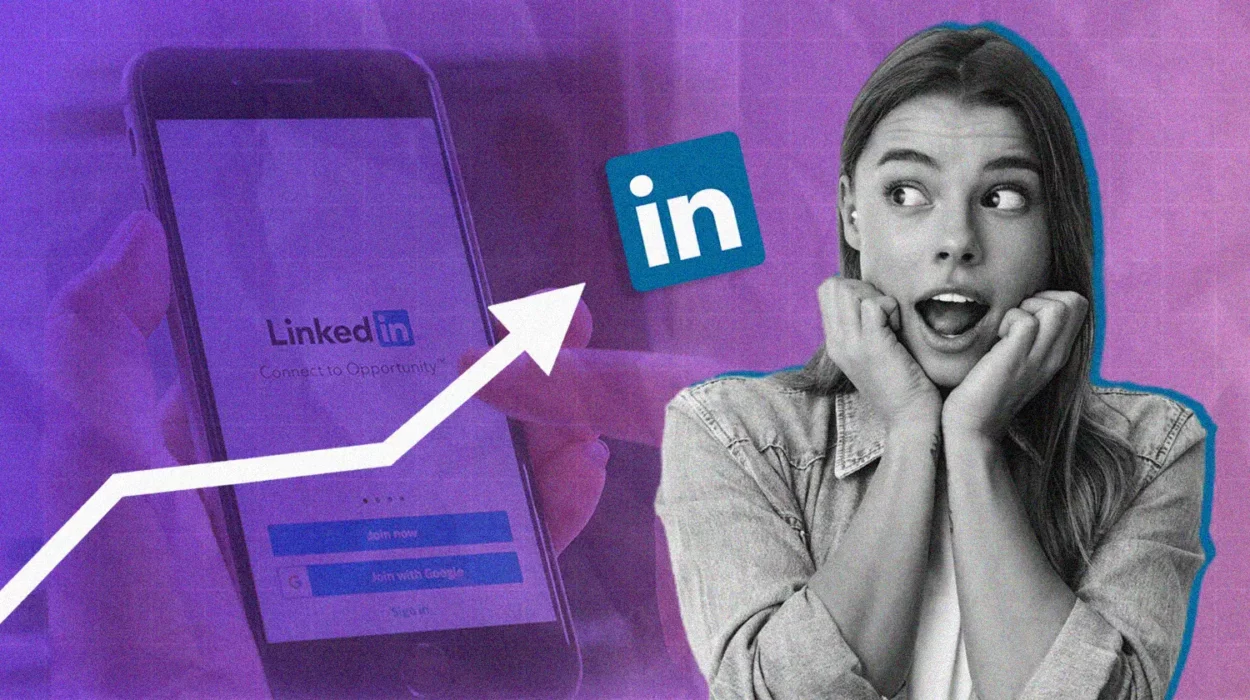The evolution of the way health influencers have talked about self-care, from promoting bath bombs and face masks to advocating healthy self-management and compassion.
“Self-care” is a buzzword that has been around for some time now. The World Health Organization defines it as “the ability of individuals, families, and communities to promote health, prevent disease, maintain health, and to cope with illness and disability with or without the support of a healthcare provider.” Oxford Languages defines it as “the practice of taking an active role in protecting one’s own well-being and happiness, particularly during periods of stress.”
But coined by the medical community in the 1950s and owned by marginalized activists in the following decades, it’s also notably backed by an unlikely radical history. Over time, it’s been iterated into a concept one would typically associate with home exercise videos, ice cream on bad days, and bath bombs.
Given, self-care can look different for everyone, depending on their needs, preferences, goals, and challenges—with the ultimate goal of “‘positive health’ rather than just the absence of illness.”
The rise of social media has led to a new generation of health influencers who are changing the way we view self-care. With millions of followers and a global audience, health influencers have become a powerful force in shaping our attitudes towards self-care and healthy living. What does it mean now, and how have health influencers shaped our understanding and practice of it over the years?
Self-care and social media
“Self-care is anything that you do for yourself that feels nourishing,” Marni Amsellem, a licensed psychologist, once said.
In the 1960s to ‘70s, self-care used to be about maintaining the physical body through hygiene, nutrition, and medical care. This made the practice very clinical in nature. With social media becoming a valuable platform for many kinds of movements, it helped revitalize the campaign for mental health among others as well. Thus, more people were able to share stories, raise awareness, seek support, and mobilize for change for their less talked about conditions.
Health influencers have challenged the traditional view of self-care as a luxury and have promoted a more inclusive and accessible approach to healthy living. By sharing their personal experiences and struggles with physical and mental health, they’ve helped break down the stigma surrounding these issues. They also encouraged their followers to get the care they need and to practice more compassion towards themselves and others.
Different social media sites have promoted self-care in unique ways too. Twitter has become a platform for users to share quick tips and resources on self-care, as well as to connect with others who are also on their own self-care journey (@tinycarebot is a personal favorite). Instagram could be credited for popularizing the “self-care aesthetic” with its focus on visual content, but it effectively curates informative posts and more recently, Reels, too. The same could be said for TikTok which has become a hub for short-form videos showcasing routines, recipes, and even daily affirmations. Meanwhile, YouTube houses longer-form content, such as tutorials, guided meditations and workouts, and vlogs that offer a more in-depth look.
When the COVID-19 pandemic hit in 2020, everyone suddenly had more time—and need—for morning meditations and Chloe Ting workouts (speaking from experience) touted on these sites. Just like that, self-care became a more popular way of coping with the stress and uncertainty caused by the pandemic. Many people have shared their self-care routines and tips online to inspire others and create a sense of community.
From influencers to advocates
Talking about self-care does not have to be limited to medical experts or activists anymore. It’s so universal and all-encompassing, even K-Pop idols can become ambassadors for it. Anyone can share their experiences and insights on what works for their physical and mental well-being. While it is a legitimate health concern like any other and medical professionals can always offer valuable expertise, it is important to recognize that self-care is a personal and ongoing journey, and everyone’s needs and experiences are unique.
While it’s a caveat that some influencers may promote unrealistic or unhealthy standards of wellness, fitness, or beauty, preventing this is a shared responsibility among creators and audiences. Influencers can avoid setting these unattainable standards by being conscious of the messaging and imagery they share, striving for authenticity and inclusivity in their content, and recognizing the impact their platform has on their followers. Audiences, on the other hand, must be mindful of the content they consume, actively seeking out diverse and inclusive perspectives, and prioritizing practices that align with their individual needs, resources, and values.
Self-care “experts” don’t have to be influencers with big followings to get a message across, either. Any advocate can post content about activities they do and products they use to stay physically, mentally, and emotionally healthy. They can also provide valuable information, tips, advice, and resources on various aspects of wellness, encouraging audiences to adopt more holistic habits, try new things, and challenge themselves in small yet impactful ways.
Self-care is not a one-size-fits-all concept—it is a personal journey that requires constant adjustment and experimentation. Advocates can be helpful guides along the way but ultimately we are responsible for our own wellness. And when taking advice from millions of strangers online on how to be well gets overwhelming, just remember that logging out is its own form of self-care too.
Related Content:
- The Medfluencer: A New Variant of Social Media Influencers
- How Medfluencers are Changing the Face of Patient Education
- Top Filipino Medical Influencers on Facebook in 2023
- 5 Tips for Viral Content from Famous TikTokers on #HealthTok
- “Let me explain”: How small-town pharma Arshie Larga became a TikTok star
M2.0 Communications is a Philippines-based PR agency that specializes in business, technology, and lifestyle communications. We offer a range of PR services including crisis communications, stakeholder engagement, and influencer management. Find out more about our work on our case studies page.


